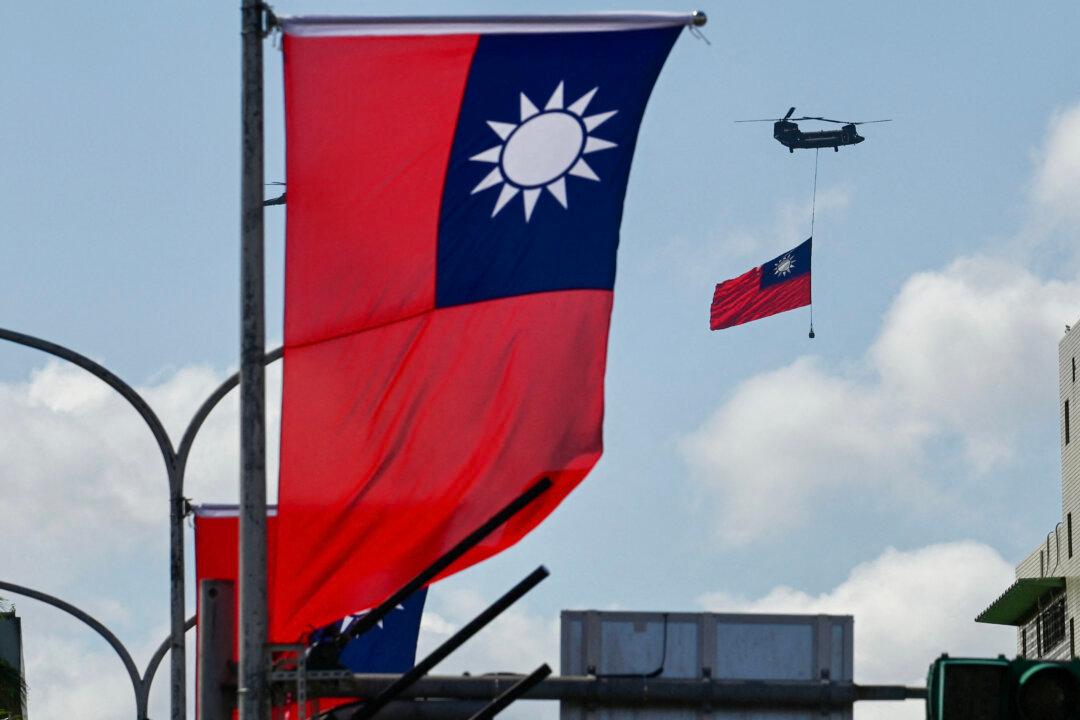An Australian parliamentary body has called for Taiwan to join the Trans-Pacific Partnership over China, issuing an ultimatum to the communist regime to end coercive trade measures and re-establish engagement with Australia before it can enter the trade bloc.
Ted O’Brien, chair of the trade subcommittee of the Joint Standing Committee on Foreign Affairs, Defence, and Trade, said Australia supported the expansion of the 11-nation Comprehensive and Progressive Trans-Pacific Partnership (CPTPP) to include Taiwan, South Korea, and the United Kingdom.





